
Ready, steady, sow
5 Minute Read
Rounding up the essential products and our top tips for sowing and growing this gardening year!Seed Sowing Compost
Seed sowing composts tend to have a fine texture, making them perfect for emerging seedlings and roots as they begin to develop after germination. Seed sowing composts also contains the right balance of nutrients that young plants and seedlings require, too many nutrients early on is just as detrimental as too little. We always recommend using the right compost for the job as it will contain the correct balance of nutrients and carry the right structure for the job at hand.The texture of the compost is essential when it comes to healthy plant and root development. Regular compost for potting and general use is great for those purposes - but can be too heavy for use with delicate seedlings and run the risk of containing far too many nutrients or cause waterlogging.
For more information on the seed composts available click here.
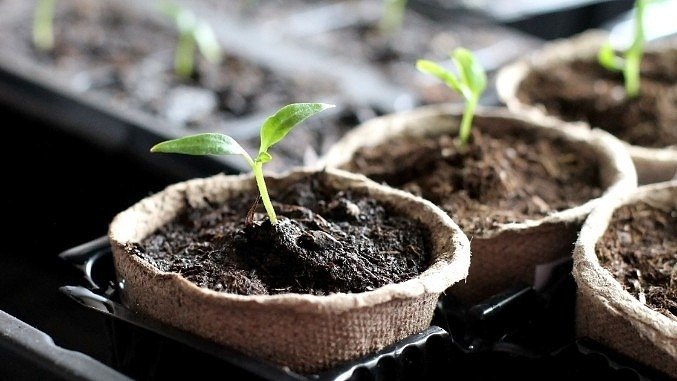
Propagators
Propagators are just like miniature greenhouses and help to create the optimum growing environment, for germination and growth by providing essential heat and locking moisture in.Always ensure the plastic lid fits snug over the base and if your heated propagator comes with a thermostat always check the germination instructions as the optimum temperatures will be included on the back of the seed packet.
Place your propagator in a warm and sunny spot such as a greenhouse or a conservatory to help with the germination process.
Top Tip: If you don't have access to a propagator or would prefer to use recycled materials, use old plastic drinks bottles to create a make-shift, mini-greenhouse by cutting off the bottom and placing them inside the pots. Remove once the seeds have germinated.

Pots & Trays
Plastic plant pots are what we do best, from biodegradable jiffy pots to heavyweight pots we've got the right pot for the job.Click here to shop our full range of pots and seed trays.
Top Tip: Covering pots or trays with cling film or plastic sandwich bags will also help to lock in moisture and heat which will help seedlings to germinate. Remove the clingfilm once the seedlings emerge.
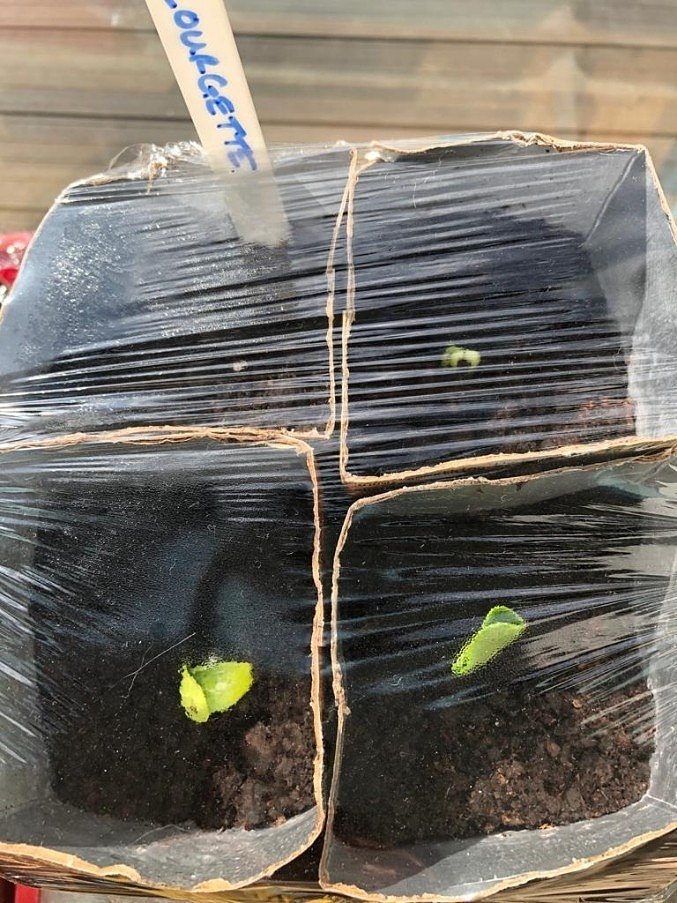
Seeds & Sowing
What are F1 seeds?
F1 hybrid seeds have been produced by the selective, careful, cross-pollination of two varieties of plants to ensure the best characteristics are carried on. They could be bred in order to increase yield, improve the colour of flowers, for better uniformity or so they are more resistant to diseases. F1 seeds are simply the result of two varieties breeding to create a third, new variety. Picture it like this, you have two types of plants, let's say one is more resistant to drought but has lacklustre flower colouring and the other has beautiful, vibrant flower colouring but isn't as resistant to drought, just for example. Year after year these two plants are cross-pollinated and the resulting seeds are continually sown to create stable, consistent new varients with the ideal characteristics; this is known as a pure line. The two pure line plants are now hand-pollinated and once they produce seeds, this is what is known as an F1 seed. The resulting plants of an F1 seed have been specifically bred to have the best characteristics of the original parent plant.
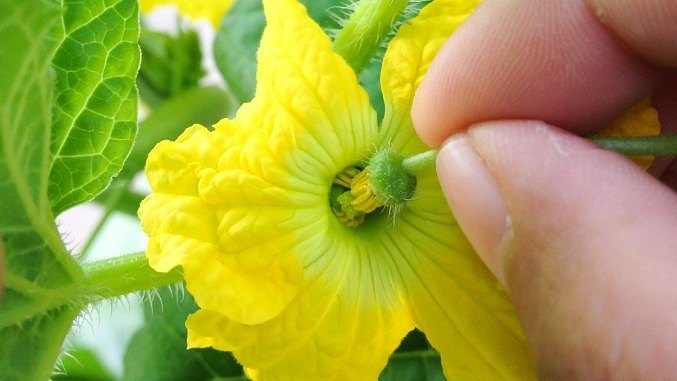
F1 seeds will tend to be more stable and vigorous and as they have the best characteristics of the original parent plant, the seeds tend to be more expensive, due to the whole process of breeding and creation. It's also worth noting that if the plants of an F1 seed do produce any seeds in future, you won't be able to harvest them in order to try and grow the same plants year after year. The only way to achieve this is to keep buying the original F1 seeds.
The right choice of seeds depends on your garden and how you like to grow, it's all down to personal preference and what works best for you.
The right choice of seeds depends on your garden and how you like to grow, it's all down to personal preference and what works best for you.
What are heirloom or heritage seeds?
Imagine being able to continually grow seeds that have been cultivated for decades or maybe even centuries, or being able to transport yourself back to childhood with a variety of tomatoes your grandparents once grew. That's pretty fascinating if you ask us! Well, that is possible with heirloom or heritage seeds!
For seeds to be considered an heirloom or a heritage variety they must have existed for more than fifty years, heirloom seeds are usually typically handed down from generation to generation but can also be acquired from seed swaps or bought online. They will have been saved due to their value, that value being their excellent flavour or adaptability outside, etc. Many gardeners will agree that the resulting fruit or vegetables heirloom or heritage seeds have a much better and intense flavour and are a great choice for home growers who don't tend to use pesticides and chemicals.
For seeds to be considered an heirloom or a heritage variety they must have existed for more than fifty years, heirloom seeds are usually typically handed down from generation to generation but can also be acquired from seed swaps or bought online. They will have been saved due to their value, that value being their excellent flavour or adaptability outside, etc. Many gardeners will agree that the resulting fruit or vegetables heirloom or heritage seeds have a much better and intense flavour and are a great choice for home growers who don't tend to use pesticides and chemicals.
What to sow and when?
Many seeds can be planted early in the year, from tomatoes to broad beans and many hardy annuals. Always check the instructions on the back of seed packets for the correct information on when and how to sow the seeds to ensure the healthiest plants.
Top Tips for seed sowing:
Top Tips for seed sowing:
- Fluff up the compost when you first open the bag to make sure there are no lumps.
- Tap the pot a few times once you have poured out the compost, this will ensure all air pockets are broken up and can help to stop the structure from collapsing once watered.
- Always follow the instructions on the seed packet, these ensure the best results.
- Sow seeds at the right time of year.
- Purchase new seed sowing compost each year.
- Don't forget to label your seeds once sown!
1. If you have harvested seeds from your homegrown plants, make sure to dry them out before bagging them up so they don't rot or become mouldy. Let the seeds dry completely on paper towels and don't forget to label and date. Your future self will be grateful to have well organised, labelled and dated seeds later down the line!
Top Tip: paper towels will breakdown naturally when planted so you can plant them directly into the soil, seed by seed.
2. Store seeds in airtight jars or bags, if you happen to have any desiccant packets you can pop these into the jars or bags to draw out any remaining excess moisture. Remember to inspect replace these regularly if necessary.
3. Keep your leftover seeds in a cool, dry place and bin any seeds past their prime. It's worth looking at the dates on your seed packets to get an idea of how long they are likely to last as this can vary from seed to seed.
Top tip: leftover seeds can be stored at the back of the fridge, just don't store them in the door or freezer!
4. When you're ready to sow your seeds, allow them to acclimatise to room temperature and then you're ready to start growing again!
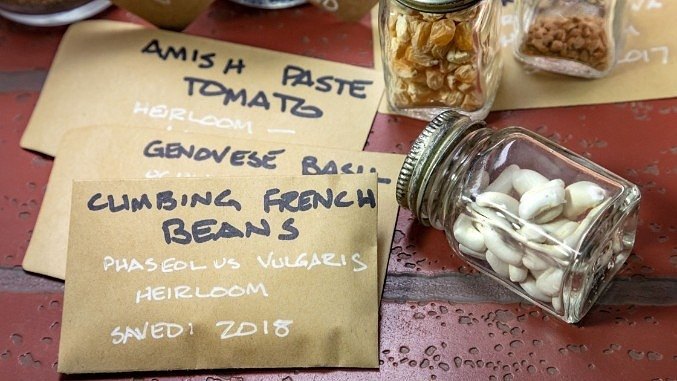
Related products
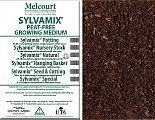
Melcourt Sylvamix Seed & Cutting Compost
Melcourt Sylvamix Growing Medium is a peat-free seed compost for the propagation of vegetable seeds & cuttings.SHOP NOW
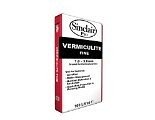
Sinclair Fine Vermiculite
100lt
Fine vermiculite for mixing into compost to increase nutrient and water retention. A natural, non-toxic compost component.
SHOP NOW
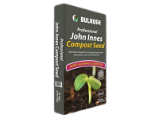
Bulrush John Innes Seed Compost
Bulrush John Innes is produced from top quality, and sterilised loam, mixed with sphagnum peat and limestone.SHOP NOW
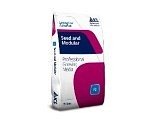
Levington Seed and Modular Compost
A combination of H²Gro wetting agent and pH adjustment makes this an ideal growing medium for cuttings and vegetable seedlings.SHOP NOW
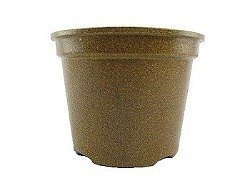
Pots
We have a comprehensive range of pots. For seed sowing, pricking out and planting of specimen plants.SHOP NOW
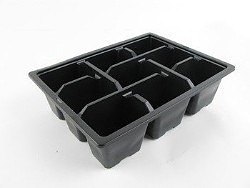
Trays
We have a variety of different sized seed trays, gravel and multi trays, shuttle and marketing trays, grow bag trays, windowsill trays and multi-cell plant trays.SHOP NOW
Related Articles
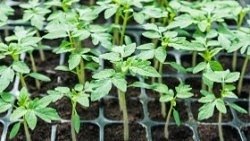
Our guide to seed sowing compost
With so many specialist composts on the market, how do you know which is the best for your seedlings? Here at Expert Garden Supplies, we sell a wide range of seed composts. To help you choose the right one for sowing seeds, we take a look at the products available to buy today and use tomorrow.READ MORE
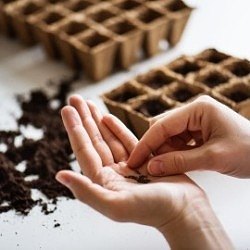
Top tips for growing vegetables and flowering plants from seeds
Our top tips for sowing seeds and all of the essentials you need for successful germination and growth.READ MORE
Comments (0)
Why not be the first to send us your thoughts?
Leave A Comment
Most popular articles
1
Plastic plant pots dimensions and uses2
Peat vs Peat Free - Choosing the right Potting Compost3
How to Grow Watercress at home in plant pots4
January Jobs5
March Jobs